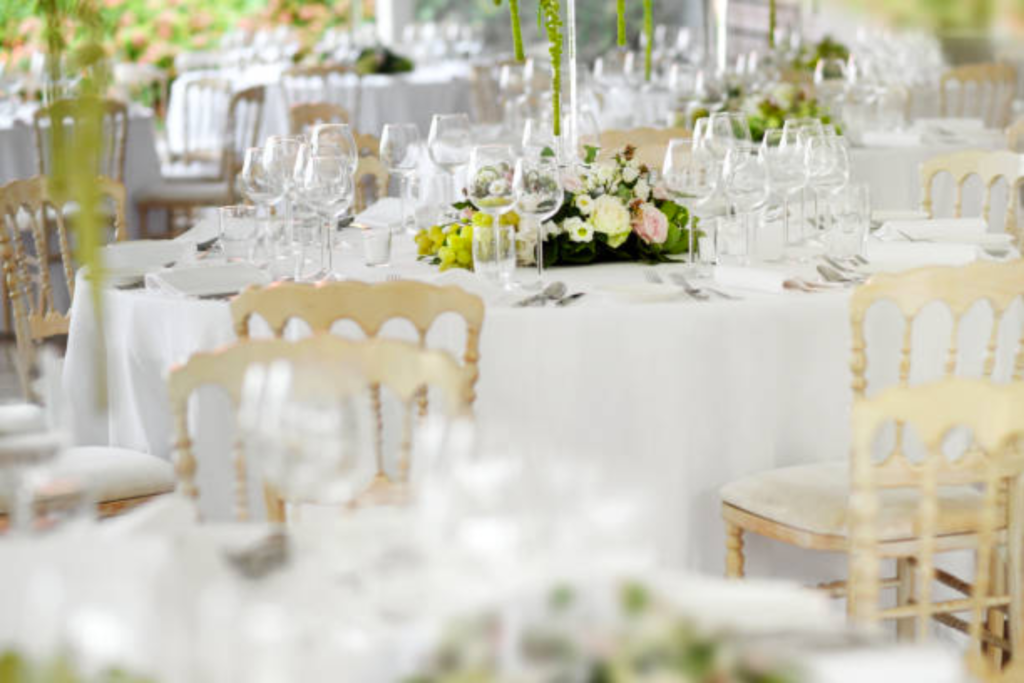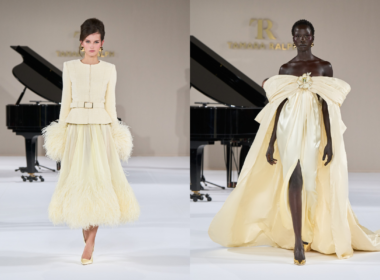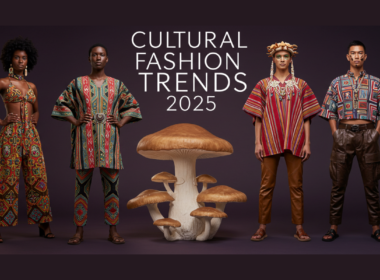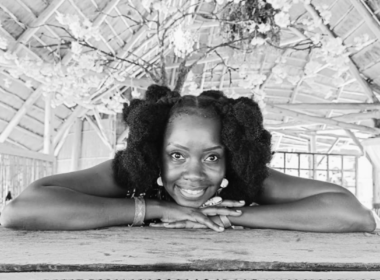Where’s the party at? It is definitely here among the Yoruba people of Nigeria. Owambe loosely translates to “it is there,” which means that the party, the food, or the faaji’ is happening there. Owambe is the term used for the grand celebrations and parties where you see the Yorubas in their real element with joyous spirit, rich traditions, and artistry. In the western world, Friday nights are for getting the steam off, but for Yorubas, Saturday is the happening day. Well, that’s if the celebration is compressed into just one day. Yorubas love to groove and ‘jaiye’. The only thing that can stop the partying has to be a state of emergency.

Owambe is not just about weddings. If that’s the case, it would mean that parties can only happen when some two random people decide to get married? Far be it. Yorubas look for any opportunity to throw a party. A clan of the Yoruba tribe usually throws a party to celebrate the success of another party. If you think that’s an exaggeration, then it means you haven’t met my mother’s family (the Ijebu people). Celebrations range from weddings, birthdays, anniversaries, job promotions, child christenings, house warmings, religious festivals, coronations, and burials, which are seen as celebrations of a life well lived.
The benefits of Owambe outweigh its costs
These celebrations are like mini festivals with a spectacle of colour, people, fashion, music, and culinary delights. The ancient Yoruba laid down traditions for their ceremonies, and even though the exact processes are not so practiced anymore, the grand idea behind celebrations still stands. Weddings, births, beginnings, and endings are special and are meant to be properly celebrated. It isn’t about the waste of money or not having better things to do; celebrating birth brings togetherness, and the atmosphere is therapeutic.
Distance is not a challenge, nor is the established fact of a nonexistent direct relationship with the actual celebrants. Once there is a call to party, people listen.
You can call it a party, but it cannot be an Owambe if it doesn’t have some or all of these elements:
No Owambe without Aso Ebi
This is one of the captivating features of the parties. You are definitely at the wrong party if you go in and everyone is dressed in evening gowns and suits. Aso Ebi translates to ‘family clothes’; it is the fabric chosen for the ceremony to be worn as a uniform by the family, close relatives, and friends to set them apart from every other person. It could be anything from Austrian or Swiss lace, Ankara, Aso-Oke, or Adire. Technically, anyone who has the money can buy the Aso Ebi, which is a symbol of unity and acceptance. In a case where there’s no chosen fabric, only the nuclear family wears the Aso Ebi, and the rest of the people can wear anything within the colour theme. The uniformity of colours and fabrics is always an enthralling sight.
Owambe Music
Celebrations are incomplete without music and dance. Life bands and DJs exist for the purpose of serving pulsating music. With the mixture of various Nigerian music, Afrobeats, highlife, and hit songs, it is impossible not to have an electrified atmosphere. Dancing and ‘money spraying’ are two of the high points of Owambe. Yorubas also call Owambe ‘inawo’. ‘Inawo’ means to spend money, literally to organise the party or to spray on the dance floor. Everybody gets on the dance floor, including the young and the old, to show how well they can do the trending dances. Between the band or DJ and the dancers, the first to get worn out loses, and trust me, the people always come ready.
Food and Drink
The major activities that Yorubas look forward to at the party receptions are eating and dancing. You can serve all kinds of cuisines at a Yoruba party, but if you do not include Jollof rice, amala, and pounded yam, you’ve really done nothing. Nigerian party Jollof hits differently, just like the amala and pounded yam to go with varieties of soups. There’s always enough to eat, drink, and take home at these parties. There are also varieties of other traditional foods, including ewa agoyin, suya, yam porridge, pepper soup, and a lot more.
Owambe Decor and Ambience
Owambe parties are known for their extravagant decorations and magical transformation of event spaces. It’s a way of setting the mood for the celebration. Colourful fabrics, flowers, creative sitting arrangements, and decorative visuals all create the perfect ambience for the festive activities. Stay up to date on the newest in the world of Fashion, Arts, Beauty and Lifestyle; Follow FAB on socials.
Trends
While these parties stay rooted in tradition, modern influences have added new dimensions. Party throwers always try to make their events memorable by introducing something new and interesting that has never been done before. Due to this, Owambes have been a vehicle to promote trends in various sectors such as fashion, event planning, decoration, music, dance, and food. Sometimes it’s the way the souvenirs are packaged or the grand entrance of the celebrants. Everyone aims to become a trend starter, and with social media and hashtags, sharing party experiences and trends has become way easier.
Owambe Fashion
Party fashion is very different from everyday style or even red carpet fashion. Just like there is a ‘Sunday best’, ‘Owambe best’ exists. It is an array of traditional fabrics sewn into flamboyant styles. The older women stay with their iro and buba with gele, while the younger show up with mind-blowing styles. The men wear buba and sokoto with agbada and fila. These outfits are usually handcrafted and embellished with beads and embroidery.
Owambe is a rich Nigerian culture with a huge impact on the economy and social development. The parties create opportunities to network, strengthen social bonds, and create amazing memories. It is a place to share stories, laugh, and have great conversations. Business owners, fashion designers, photographers, event planners, and other vendors form alliances that help their businesses. The continuous festivities provide job opportunities and an overall enhancement of the economy. Owambe. Owambe is more than just frivolous partying; it is a part of culture and a legacy to preserve for generations to come.
Helpful definition of terms
- Faaji: Enjoyment
- Jaiye: To ‘chop life’
- Gele: Headgear
- Fila: Cap
Related
Dress Code: The Best Way To Dress For A Cocktail Party











